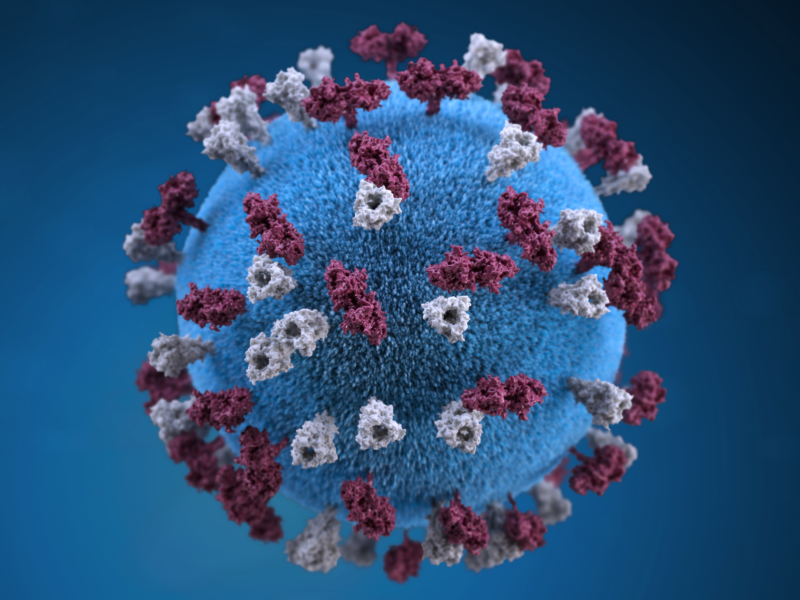For the first time since 2007, a case of atypical Bovine spongiform Encephalitis (BSE) was identified in a beef cow in the German state of Brandenburg. The Brandenburg Ministry of Health released a report stating that the cow had not shown symptoms of the disease and thus had been slaughtered to prepare the meat for consumption. However, since the animal was more than 10 years old, it underwent an obligatory BSE-test, which came back positive.
“This [atypical] form occurs rarely, and differentiates from classical BSE by developing spontaneously and only in older animals,” explains veterinarian Klaus Reimer. HealthMap reported on a similar case in 2012, when a case of atypical BSE was found in a dairy cow in California.
The slaughtered animal was discarded according to the proper regulations and the slaughterhouse has been disinfected. Although it is unlikely that BSE can be transmitted through animal-to-animal contact, the herd from which the affected animal came is currently under quarantine and the necessary epidemiological investigations are underway.
To reduce the risk of BSE transmission to humans, Germany has strict regulations in place on how to handle slaughtered beef. Animal by-products that are not fit for human consumption, such as the bowel, the skull and the spine, have to be removed and discarded properly. All beef cows eight years and older undergo a BSE “rapid test” that quickly screens cattle for BSE. “Due to these protective measures, no health risk exists for consumers,” said a spokesperson for the German Federal Department of Agriculture.
BSE is a progressive, often fatal, neurological disease in cattle that develops due to infection by a prion. Prions are not well understood, yet the CDC explains that the most widely accepted theory is that prions are modified proteins, or prion proteins, that can damage the central nervous system of cattle. Researchers believe the disease may have originated in animals that were fed animal by-products infected with BSE. A similar disease exists in humans known as Creutzfeldt-Jakob Disease (CJD).
Since BSE develops over long periods of time, cattle may not show any signs of infection for several years. With time, symptoms may include nervous or aggressive behavior, abnormal posture, lack of coordination, decreased milk production and weight loss. BSE is not contagious and cannot be transmitted between animals, nor can the disease be spread through dairy products.

